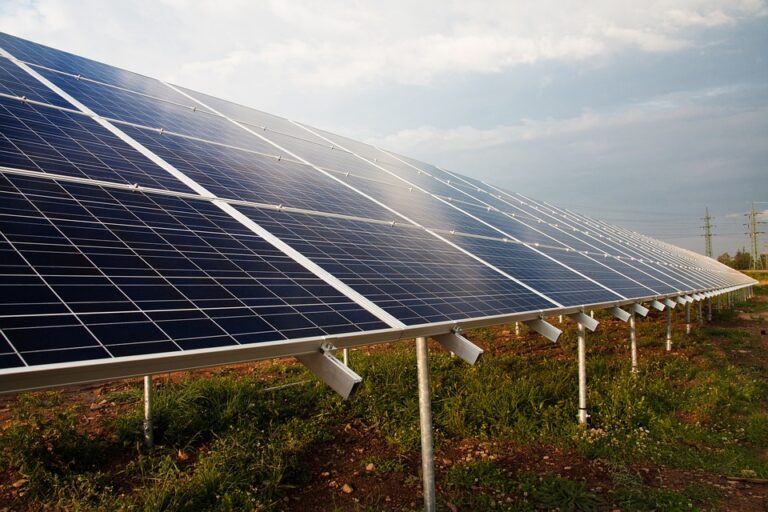
From Trash to Treasure: How Recycling Can Make a Difference
In a world facing increasing environmental challenges, recycling has emerged as a crucial solution that can make a real and lasting difference. Recycling is the process of converting waste materials into usable products, reducing the need for extracting and producing new raw materials. This creative approach not only helps in conserving natural resources but also minimizes pollution and carbon emissions. It is truly a win-win situation.
One of the most significant benefits of recycling is its impact on reducing landfill waste. Landfills are vast areas that are designated for the disposal of waste. However, they take up valuable space and can contaminate the soil, air, and water surrounding them. By recycling, we divert materials away from landfills and give them a second life. This not only conserves land but also prevents the release of harmful chemicals into the environment.
Recycling also plays a vital role in conserving natural resources. Many of our everyday products are made from materials like paper, plastic, glass, and metal. By recycling these materials, we can lessen the demand for virgin materials, thus preserving forests, conserving energy, and reducing water consumption. For example, recycling one ton of paper can save 17 trees, 380 gallons of oil, 3 cubic yards of landfill space, and 7,000 gallons of water. These numbers clearly demonstrate how recycling can have a substantial positive impact on the environment.
Furthermore, recycling helps to reduce energy consumption and greenhouse gas emissions. Manufacturing products from virgin materials require a significant amount of energy, resulting in additional carbon emissions. However, recycling uses less energy and produces fewer carbon emissions. For instance, recycling aluminum cans can save up to 95% of the energy needed to produce new aluminum from raw materials. By recycling, we help to mitigate climate change and minimize our ecological footprint.
Recycling also contributes to job creation and economic growth. Recycling facilities and industries create jobs in waste management, sorting, processing, and manufacturing. Additionally, recycling allows for the recovery of valuable materials that can be used in the production of new products. This closed-loop process not only reduces costs but also generates revenue for businesses and stimulates economic development.
To truly tap into the potential of recycling, raising awareness and promoting education is crucial. Communities should implement comprehensive recycling programs that make it convenient and easy for individuals to participate. Public campaigns can effectively inform citizens about the importance of recycling and provide practical tips on how to separate and recycle different materials. Schools and educational institutions should also incorporate recycling awareness into their curricula, teaching the younger generation from an early age about the significance of waste management.
In conclusion, recycling is not just a means to manage waste; it is a powerful tool that can transform trash into treasure. By recycling, we can reduce landfill waste, conserve natural resources, lower energy consumption, and create a sustainable and cleaner future. It is our responsibility as individuals and communities to embrace recycling and make a difference in the world. Remember, every act of recycling is a step toward a greener and brighter tomorrow.
Younger Glowing Skin - Discover Ancient Ayurvedic Secrets at DoctorIndiaHerbals.com
Explore One of the Largest Collections of Dinosaur-Themed Toys, Games, Gifts, Decor, and More at DinoAvenue.com
Discover Premium Design Elevator Shoes for Men and Women at LondonCobblers.com
Discover Hidden Family Destinations for Vacations at Places.Travelz.io
Find the Best Deals on Airfare and Hotels with Advanced Metasearch Technology at www.Travelz.io
30% off on Kids items
STEM science experiments for Kids
Premium Science Toys and experiments